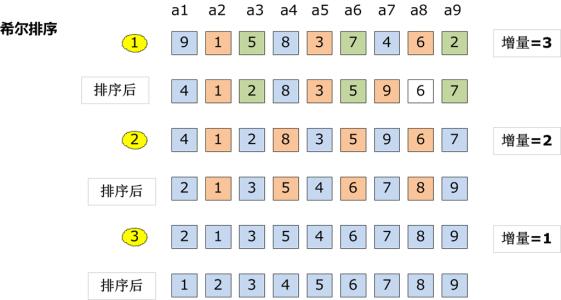Prophet inequalities are a central object of study in optimal stopping theory. A gambler is sent values online, sampled from an instance of independent distributions, in an adversarial, random or selected order, depending on the model. When observing each value, the gambler either accepts it as a reward or irrevocably rejects it and proceeds to observe the next value. The goal of the gambler, who cannot see the future, is maximising the expected value of the reward while competing against the expectation of a prophet (the offline maximum). In other words, one seeks to maximise the gambler-to-prophet ratio of the expectations. The model, in which the gambler selects the arrival order first, and then observes the values, is known as Order Selection. Recently it has been shown that in this model a ratio of $0.7251$ can be attained for any instance. If the gambler chooses the arrival order (uniformly) at random, we obtain the Random Order model. The worst case ratio over all possible instances has been extensively studied for at least $40$ years. Still, it is not known if carefully choosing the order, or simply taking it at random, benefits the gambler. We prove that, in the Random Order model, no algorithm can achieve a ratio larger than $0.7235$, thus showing for the first time that there is a real benefit in choosing the order.
翻译:先知不等式是最优停止理论中的核心研究对象。一个赌徒会在线上接收数值,这些数值是从独立分布的样本中随机、按照某个对手的选择(选定)、或是随机选择的方式得到的。每当他看到一个数值,他就必须作出选择,无论是接受它作为奖励还是拒绝并继续观察下一个数字。赌徒没有未来信息,他的目标是在分别与洞悉未来的先知(可离线获得的最大值)相竞争时,使期望获得值尽可能大。换句话说,他们试图最大化赌徒和先知两者之间期望值的比率。如果赌徒首先选择到达顺序,然后再观察数字,该模型被称为排序选择模型。最近已经证明,在这个模型中,任何情况下都可以获得0.7251的比率。如果赌徒随机选择到达顺序,我们就得到了随机排序模型。在所有可能的情况下,最坏情况下的比率已经被广泛地研究了至少40年。但是,仍然不知道仔细选择排序或仅仅随机选择是否有益于赌徒。我们证明,在随机排序模型中,没有任何算法可以获得高于0.7235的比率,从而首次证明了选择排序确实有好处。


